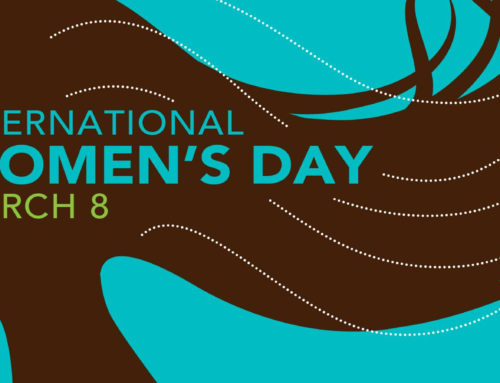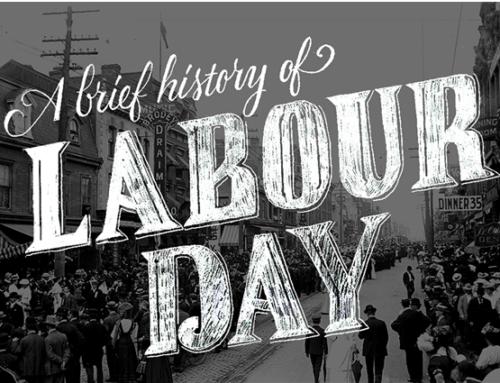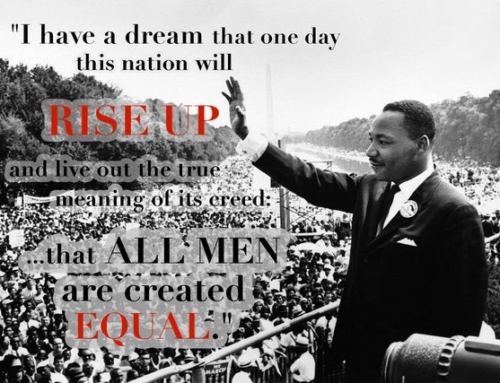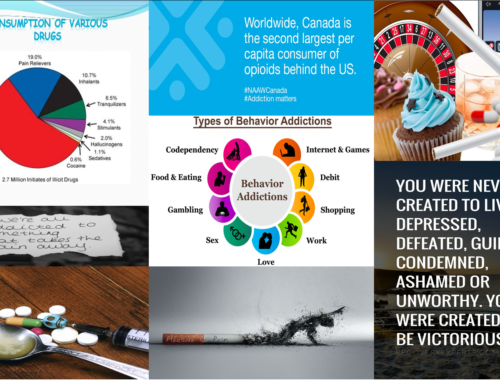The Merriam-Webster Dictionary describes etiquette as “the rules indicating the proper and polite way to behave.” However, etiquette can be subjective; a behaviour that one person perceives as rude may be acceptable to another. So what is the proper way to behave during an interview? Well, luckily there are some very common rules–that are not so common to some—that we are here to provide you with today. Here are a few basics:
First, when you are deciding what to wear for the interview, definitely avoid your jogging suit, night club clothes, or your Goth attire. Dress appropriately.
Second, have you ever heard the expression, “If you’re early, you’re on time, if you’re on time, you’re late”? Or how about this expression, “You’re not late, you are selfish and rude”? By being late, you demonstrate to the employer that you do not respect their time. Thus, it is always better to arrive too early and take time to review your notes or go for a brief walk, than to be late.
Third, make eye contact with the employer, smile, and provide a firm hand shake if the employer extends his/her hand. Some of the first points employers talk about during the deliberation phase–once you leave the interview–are whether or not you had great personality and provided good eye contact.
The aforementioned points ought to have been very common sense. Some other common sense behaviours–that are not so common it seems–are as follows:
Leave your cell phone on SILENT! Sorry for yelling SILENT, but we had to emphasize the word so that you would actually hear it. We still have yet to put on a job fair where less than four phones ring during the afternoon with the employers.
Be cognizant of your body language. Think about your posture: Are you fidgeting? Are you avoiding eye contact? Are you mumbling or speaking inaudibly? Are you slouching? Consider the negative messages these behaviours send to the employer.
Know something about the company so that you can come across as interested and competent when asked. There is nothing worse than knowing nothing about the company when asked. Some people panic, blush, and then begin chastising themselves and thinking about how they are being perceived for the remainder of the interview, never wholly present for the rest of the interview. This in turn does not contribute to clear, articulate answers, and then you may find yourself without an invite to an interview. We certainly don’t want that for you, so know something about the company prior to your interview.
If the interviewer offers you a cup of coffee or water, take the water if you want, but leave the coffee. There are too many specifics about how people like their coffee. This can be quite time consuming and result in frustration.
Don’t interrupt the interviewer. You would think this is common sense, but when people get nervous they behave interestingly. Be mindful when the employer is speaking to let them finish.
Send a thank-you card immediately after your interview. Sending a thank-you card is not a requirement, but a courteous gesture that may make you look like a polite, likeable person that they want to hire.

















